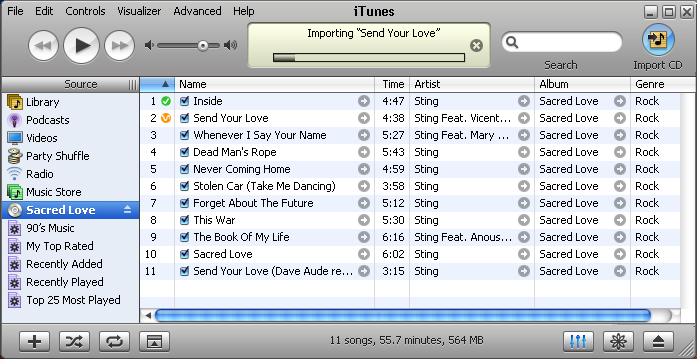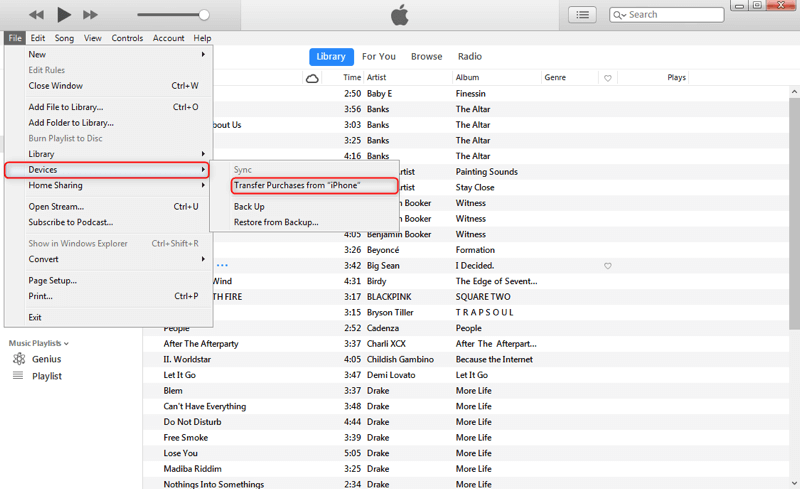

While ReDigi claims to be protected under the first-sale doctrine (Opens in a new window), the recording industry claims that first sale only protects the sale of a particular copy of a product. Then ReDigi offers for sale the copy it has made to other users of its service."Īccording to the RIAA, this constitutes copyright infringement because ReDigi is copying a work without having permission to do so. The organization has sent ReDigi a cease-and-desist order , in which it claims that ReDigi's software "duplicates the user's copy of the track, places a watermark on that copy, stores it on ReDigi's servers, and purportedly deletes the original file from the user's hard drive or mobile device. Ostensibly this ensures that the file comes from a legitimate source, and that the sold file can not be re-used or re-sold. is our revolutionary patent pending technology that facilitates the “verification” and "hand off" of a digital music file from the seller to the buyer." When you "hand off," the file is deleted from your hard drive. The company's website describes the process: "The thing that sets ReDigi apart.


ReDigi's business model is built on the idea that it can properly identify music files that were legally purchased via iTunes or another download service versus those which were ripped from your own music collection or downloaded illegally. Users can sell legally-downloaded tracks to ReDigi and are awarded the equivalent of store credit for use in the purchase of other digital tracks. In the RIAA's case, it's upset about the business model of ReDigi, a used digital music business (Opens in a new window) that went online in early October. The Recording Industry Association of America and the Authors Guild don't normally have much in common, but fresh salvos from both groups underline their continued resistance to modern forms of product distribution - even when said stubbornness harms the consumers who keep both groups in business.


 0 kommentar(er)
0 kommentar(er)
